Nobody likes to be told to do something they don’t want, especially when that something is like putting stain on a deck.
We’re adults, mind you.
If I want to stay up late, eat ice cream out of the carton, and leave the toilet seat up—welp, you’re darn tootin’—that’s what I’m going to do.
[Note: Reminder to not let my wife read that part about the toilet seat. I’ve already been warned.]
And if I’m not inclined to stain my deck, what’s the worst that could happen?
How long will a deck last without stain?
It may surprise you that a custom wood deck from DeckTec has a lifespan of at least 25 years. Many of our original decks, which we call timeless decks, are still kicking and looking better every year. Even more surprising, those numbers are on par with those of the leading PVC composite manufacturers.
Have we seen plenty of examples of decks that don’t look like they’d last a cup of coffee, let alone a quarter century? Sure. But that’s more a matter of craftsmanship, not the inferiority of wood. The woods we choose and our fantastic crew of carpenters ensure that a deck from DeckTec has every opportunity to serve as your backyard centerpiece for decades to come.
Do I have to stain my deck?
The simple answer is no.
Longer answer: no, but.
You can do whatever you want. Remember? You’re an adult.
Stain serves three purposes on a deck. The first is aesthetics. Untreated deck surfaces will oxidize and turn to a silvery grey. Stain provides a rich pigment to the wood that looks fresher, more vibrant, and visually appealing when thoughtfully selected.
Nothing is better than when a freshly refinished deck pops between a beautiful house and lush landscaping. Others may prefer to complement the natural beauty of their yard by going au natural.
The second reason is to act as water-resistant sunscreen for your deck. Here in Colorado, the sun (and all of our other wacky weather) can be intense. It can do a number on a deck just like it can do a number on your garden hose or the kids’ toys that are left out in the sun. By routinely administering stain, you protect the wood from harmful rays just like we do for our skin. And by now, we’re old enough to know that slopping on some sunscreen is the intelligent thing to do.
Despite all the sun, moisture, too, can rear its ugly head on decks, including plastic-based composites. Luckily, wood stain acts as a barrier, forcing moisture to bead up and evaporate, or the impatient can squeegee it off.
The final benefit of staining is protecting high-traffic areas of your deck from wear and tear. You might notice worn or bare spots on your deck that have been previously stained and lament its appearance, but this is a sign the stain has done its job. Rather than wearing down the precious deck itself, the stain has taken one for the team. And when you do choose to get the deck refinished, less effort will be involved to rejuvenate and buff out your pooch’s claw marks.
While staining offers numerous benefits, consider the type of wood used for your deck. Some hardwoods, like cedar, redwood, or ipe, naturally contain oils and resins that provide inherent protection against moisture and decay – even insects! These woods may not require staining as frequently as softer woods. However, even hardwood decks can benefit from occasional staining to maintain their appearance and longevity.
How do I maintain a deck if I choose not to stain it?
The good news is that you don’t have to stain your deck. Let DeckTec do it for you!
Other things you can do to avoid needing to refinish your deck include:
- Putting potted plants on rollable stands to prevent marks on your deck
- Use a plastic snow shovel that won’t gouge the wood when shoveling.
- Going with the grain when shoveling to avoid damage and sweeping the snow when possible
- Avoid mats that restrict air flow, and move furniture often to avoid wear and tear in specific walkways.
Just because you can go without staining your deck doesn’t mean you should go without staining your deck.
And we know that. Because we’re adults, it’s called adulting.

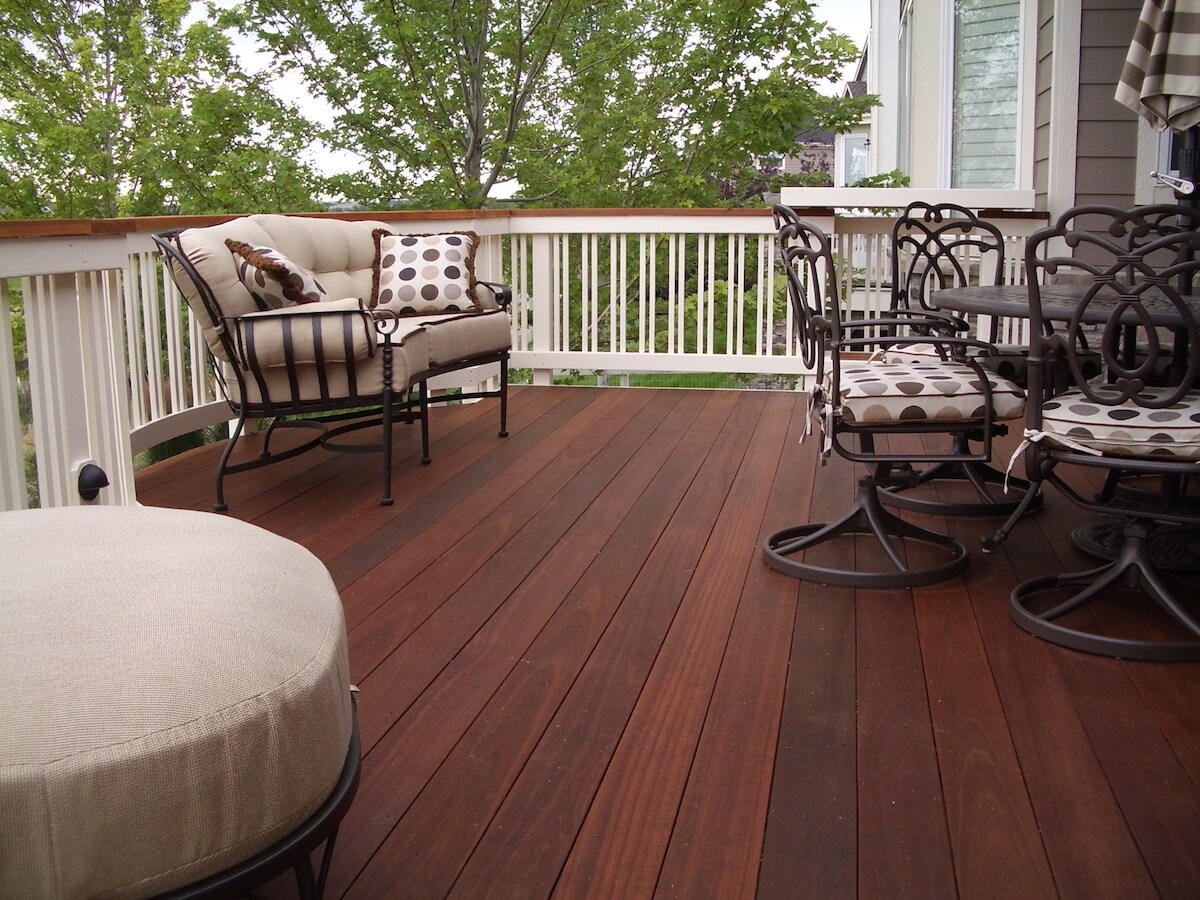
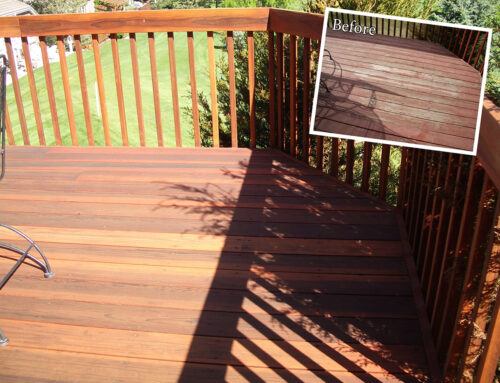
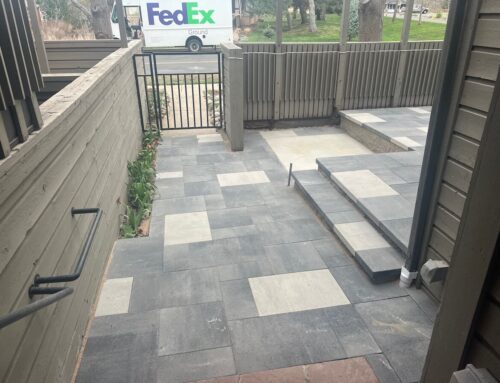

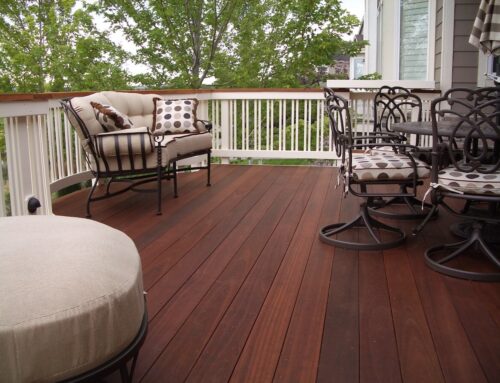
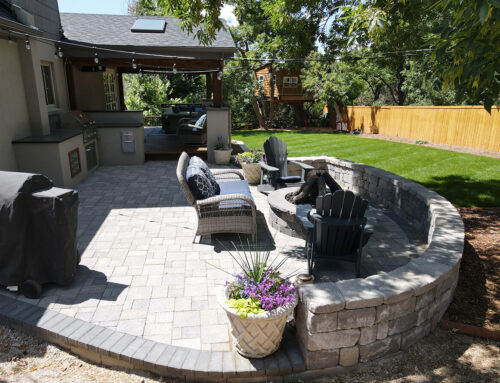
ChatGPT powered Autoresponder with Free SMTP at Unbeatable 1-Time Price! https://ext-opp.com/NewsMailer
helloI really like your writing so a lot share we keep up a correspondence extra approximately your post on AOL I need an expert in this house to unravel my problem May be that is you Taking a look ahead to see you
MobiApp AI – True Android & iOS Mobile Apps Builder (Zero Coding Required) https://ext-opp.com/MobiAppAI
MobiApp AI – True Android & iOS Mobile Apps Builder (Zero Coding Required) https://ext-opp.com/MobiAppAI
German: “Super Artikel! Die Informationen waren wirklich hilfreich und interessant. Es ist immer toll, so gut recherchierte Inhalte zu finden. Weiter so! Ich bin gespannt darauf, in Zukunft mehr von dir zu lesen.”English: “Excellent article! The information was truly helpful and interesting. It’s always great to find such well-researched content. Keep it up! I look forward to reading more from you in the future.”